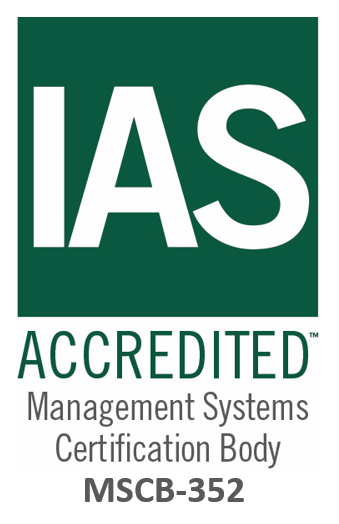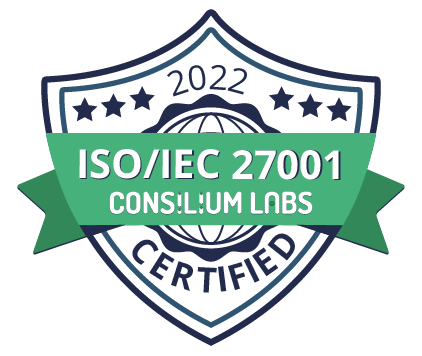Four key lessons from our recent webinar with Sophie Spurr, Associate General Counsel at HSBC.
In our latest webinar, we were joined by Sophie Spurr, Associate General Counsel at HSBC, to explore how one of the world’s largest in-house legal teams is reshaping the way it delivers value. Sophie shared practical insights from HSBC’s decade-long journey working with Alternative Legal Service Providers (ALSPs) and what it takes to build a high-functioning, strategically focused legal team.
For in-house lawyers and legal operations professionals looking to improve efficiency, reduce bottlenecks, and strengthen team satisfaction, here are four key lessons.
1. Smarter Triage Frees Up Legal for Strategic Work
Ten years ago, all types of legal matters from NDAs to high-value contracts landed in the same inbox. That model wasn’t sustainable. HSBC introduced a triage process that lets the business and procurement self-serve using guardrails and playbooks, while routing only high-value or complex matters to the internal legal team.
“NDAs wouldn’t come to us now. We have pre-approved processes where business and procurement can self-serve,” Sophie explained.
ALSPs handle much of the volume work. This frees the in-house team to focus on what really matters: strategic deals, risk management, and trusted advisory roles.
2. Getting the Right Work to the Right People Boosts Retention
By removing low-risk and repetitive tasks from the desks of senior lawyers, the team at HSBC has seen better engagement and retention. Lawyers stay focused on high-impact work and are less overwhelmed by day-to-day noise.
“Our senior lawyers are working on the biggest, most strategic deals… not distracted by non-strategic work.”
This creates room for meaningful legal input and ongoing career development strengthening the team in the long term.
3. Strong ALSP Partnerships Are Built on Trust, Not Micromanagement
HSBC treats its ALSPs as an extension of the team not just a vendor. That approach relies on trust, collaboration, and shared expectations.
“We don’t QA the ALSP’s work because that would defeat the point. We have to trust they’re operating within our parameters.”
Continuous feedback is crucial. ALSPs surface trends and suggest improvements based on what they see at volume, whether it’s a clause in a playbook causing delays or a growing issue like AI or sanctions. HSBC’s legal team reviews and updates guidance quarterly to keep pace.
4. Start Small, Then Grow the Relationship
HSBC didn’t begin its ALSP journey with high-profile regulatory work. It started small with NDAs and remediation projects and gradually expanded the scope.
“You don’t start an ALSP relationship with your most strategic work. You start small and build.”
Today, ALSPs at HSBC handle increasingly complex projects, freeing up traditional law firms to focus on what they do best. The next frontier? Partnerships where law firms and ALSPs collaborate on major deals, supported by clear triage and internal coordination.
Sophie’s reflections highlight a key shift for in-house legal teams: legal doesn’t have to be the bottleneck. With the right blend of people, process, and external support, teams can improve delivery, manage risk, and build better relationships with the business.
“It’s not about outsourcing: it’s about redefining who does what and why. And that starts with asking the right questions.”
Watch the full webinar recording

.png)


















.jpg)




.jpg)









.png)
.png)




.png)






























.jpg)


